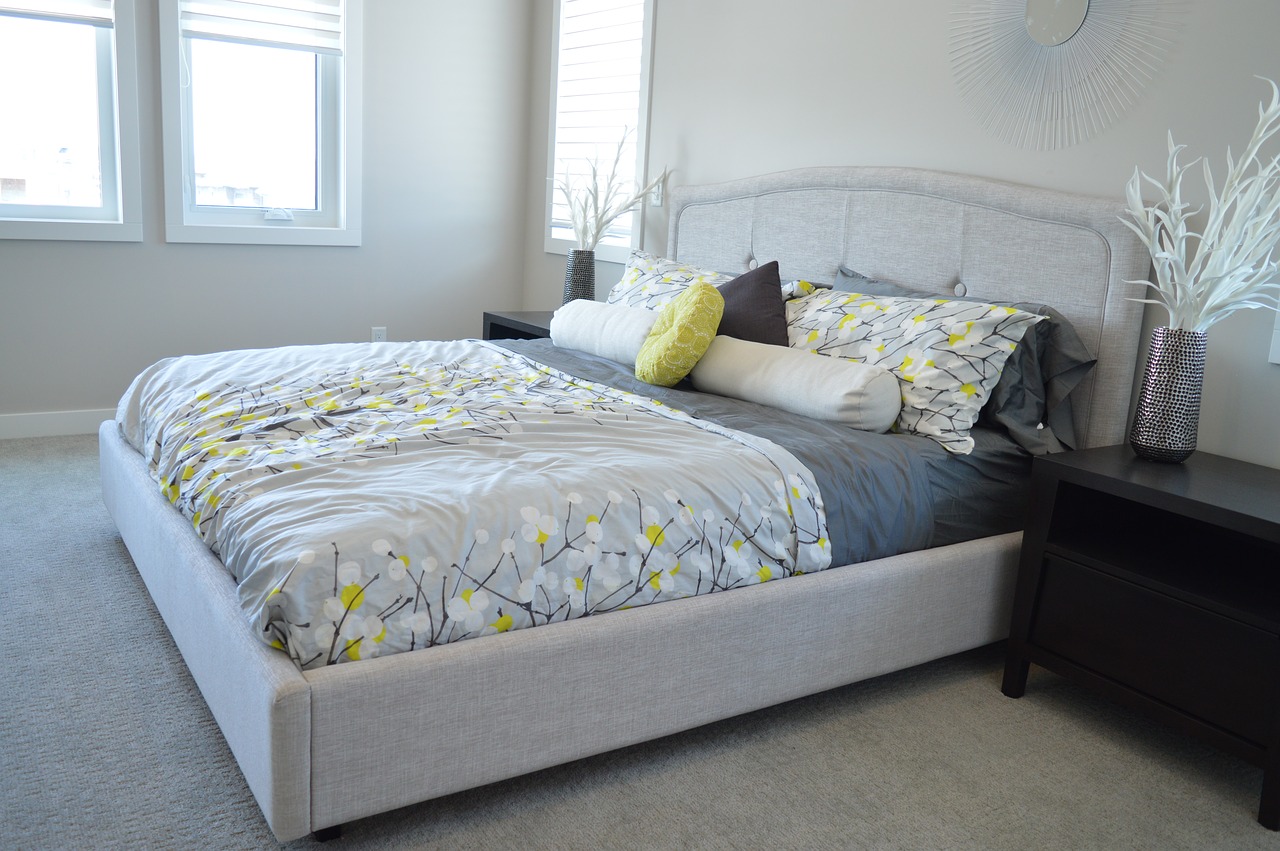
Wimbledon 2020 Cancelled
It is almost that time of the year when people would go watch a sporting

The temperature of your room when you sleep is a simple matter of comfort for most. Scientific research suggests, however, that the ambient temperature is much more significant than this. How cool or warm your room is has a lot to do with your health.
Temperature changes in our bodies flow with our natural rhythms, which in turn are connected to our sleep patterns. The body regulates its own temperature based on individual circadian rhythms. On average, a person will have the highest body temperature during the late afternoon and the lowest temperature in the early morning, usually a couple of hours before waking up. Between these two extremes is a time when the body begins to lose heat faster and not produce as much heat as earlier in the day. This is the time when sleep is typically initiated.
 Research shows us that the optimal temperature for cool sleep is between 15 and 20 degrees Celsius. This is a comfortable temperature for daytime, but might seem a tad too cold for some sleepers. Making the adjustment to cool sleeping, however, has health benefits that make the change worthwhile.
Research shows us that the optimal temperature for cool sleep is between 15 and 20 degrees Celsius. This is a comfortable temperature for daytime, but might seem a tad too cold for some sleepers. Making the adjustment to cool sleeping, however, has health benefits that make the change worthwhile.
Notably, if the temperature in your room is close to or above 24 degrees, then your sleep is likely being disrupted as a result. Some people may not notice whether or not they are sleeping well since we don’t usually pay much attention to the factors in our daily routines or health that can indicate poor sleep. If, however, you are aware that you wake up feeling unrested or you frequently experience drowsiness too early the following day, then you may have already guessed that you are not getting quality cool sleep.
Don’t get too excited by this news, though, and turn your bedroom into an icebox! Sleeping in temperatures below 12 degrees can also disrupt sleep and cause related health problems.
Other studies have shown that cool sleeping can lower the risk of developing metabolic diseases and conditions such as diabetes. When you regularly sleep in a cooler room, your body can produce more of the good kind of fat while burning off higher numbers of calories during the day. This can also be related to the general results of getting better sleep. When you sleep well, you feel more energised and are therefore naturally more active during the day, even if the number of hours you sleep does not change.
 More than helping you feel sleepy and fall asleep naturally, melatonin is an anti-aging hormone. Melatonin is released in the body in response to darkness, when you are supposed to sleep. As you fall asleep your body temperature should drop, signalling the release of growth hormones. These hormones are also vital anti-aging hormones, but will not be produced at sufficient levels to keep your body young and strong if your body temperature is too high.
More than helping you feel sleepy and fall asleep naturally, melatonin is an anti-aging hormone. Melatonin is released in the body in response to darkness, when you are supposed to sleep. As you fall asleep your body temperature should drop, signalling the release of growth hormones. These hormones are also vital anti-aging hormones, but will not be produced at sufficient levels to keep your body young and strong if your body temperature is too high.
When the body is at its ideal temperature, during cool sleep, it produces less cortisol, the hormone associated with stress and weight gain. By controlling your cortisol levels in a cool sleeping space, you will experience less anxiety and have a more controlled appetite.
The body’s temperature is internally regulated to a certain extent. When your body is able to reduce its temperature properly, you get more deep sleep. This slow wave sleep is the best kind, responsible for ensuring that you wake up feeling refreshed and re-energised. If your body is too hot during your sleep time, you will not get quality sleep and may even experience wakefulness. The same can also happen if you sleep in a highly humid environment, which aggravates the ill effects of the heat.
If you have trouble falling asleep at night, one reason could be because your body retains more heat. Some people have generally higher body temperatures or an inability to properly cool down as they move towards their usual sleeping time.  This can result in difficulty feeling naturally sleepy and experiencing poor sleep. Making adjustments to have a cool sleep space can make a big difference towards helping you sleep more comfortably and deeply. One way that we have mentioned in an earlier post is to move over to using clothing and bedding that have natural wicking and cooling properties to help regulate your core temperature. Another way is to regulate the ambient temperature in your bedroom.
This can result in difficulty feeling naturally sleepy and experiencing poor sleep. Making adjustments to have a cool sleep space can make a big difference towards helping you sleep more comfortably and deeply. One way that we have mentioned in an earlier post is to move over to using clothing and bedding that have natural wicking and cooling properties to help regulate your core temperature. Another way is to regulate the ambient temperature in your bedroom.
You may not want to run your heating and cooling system every day, but there are other ways to keep your room at an optimal temperature:

It is almost that time of the year when people would go watch a sporting

Queen Elizabeth II has two birthdays to celebrate: her actual birthday on 21 April and

The first of May is celebrated by many countries around the world as Labour Day